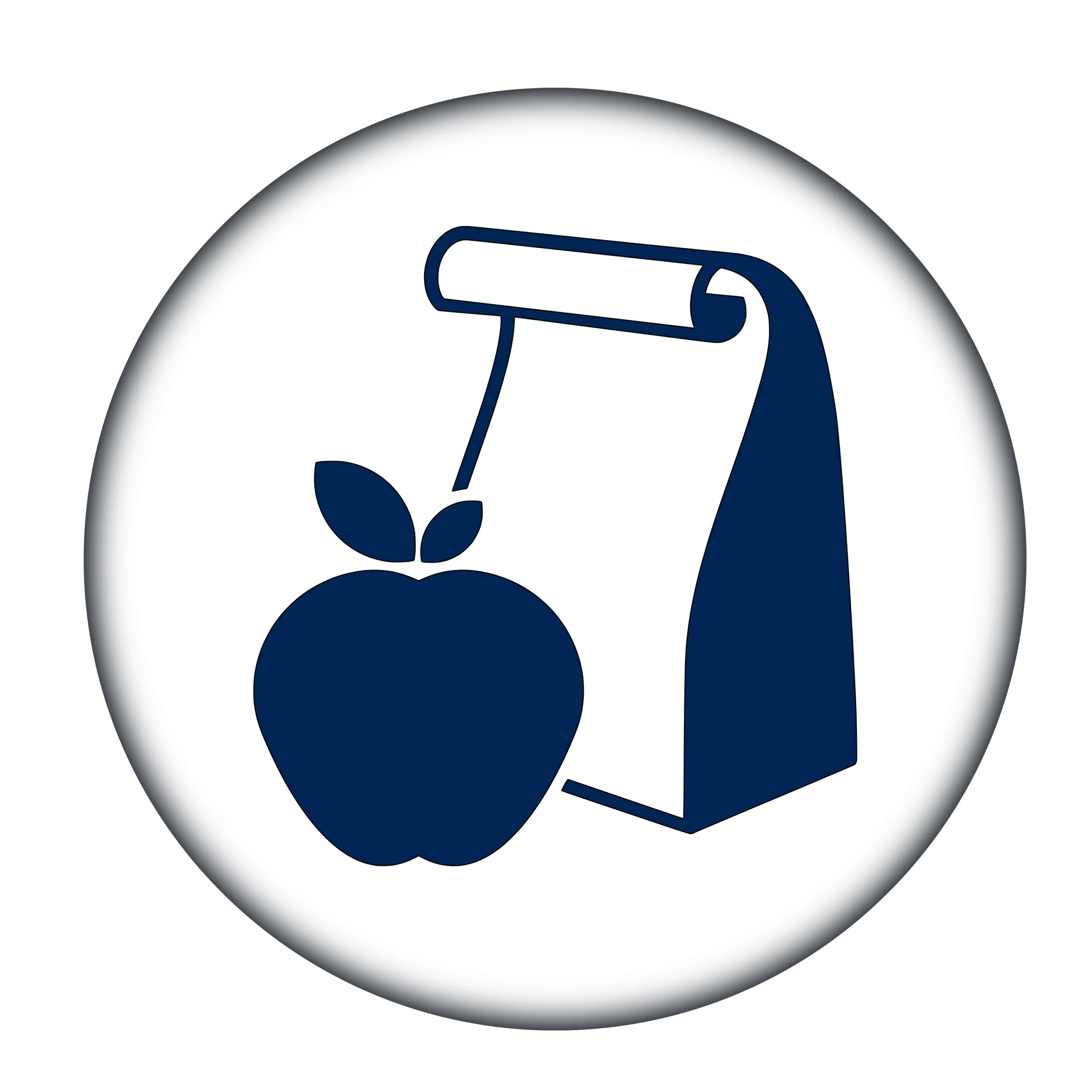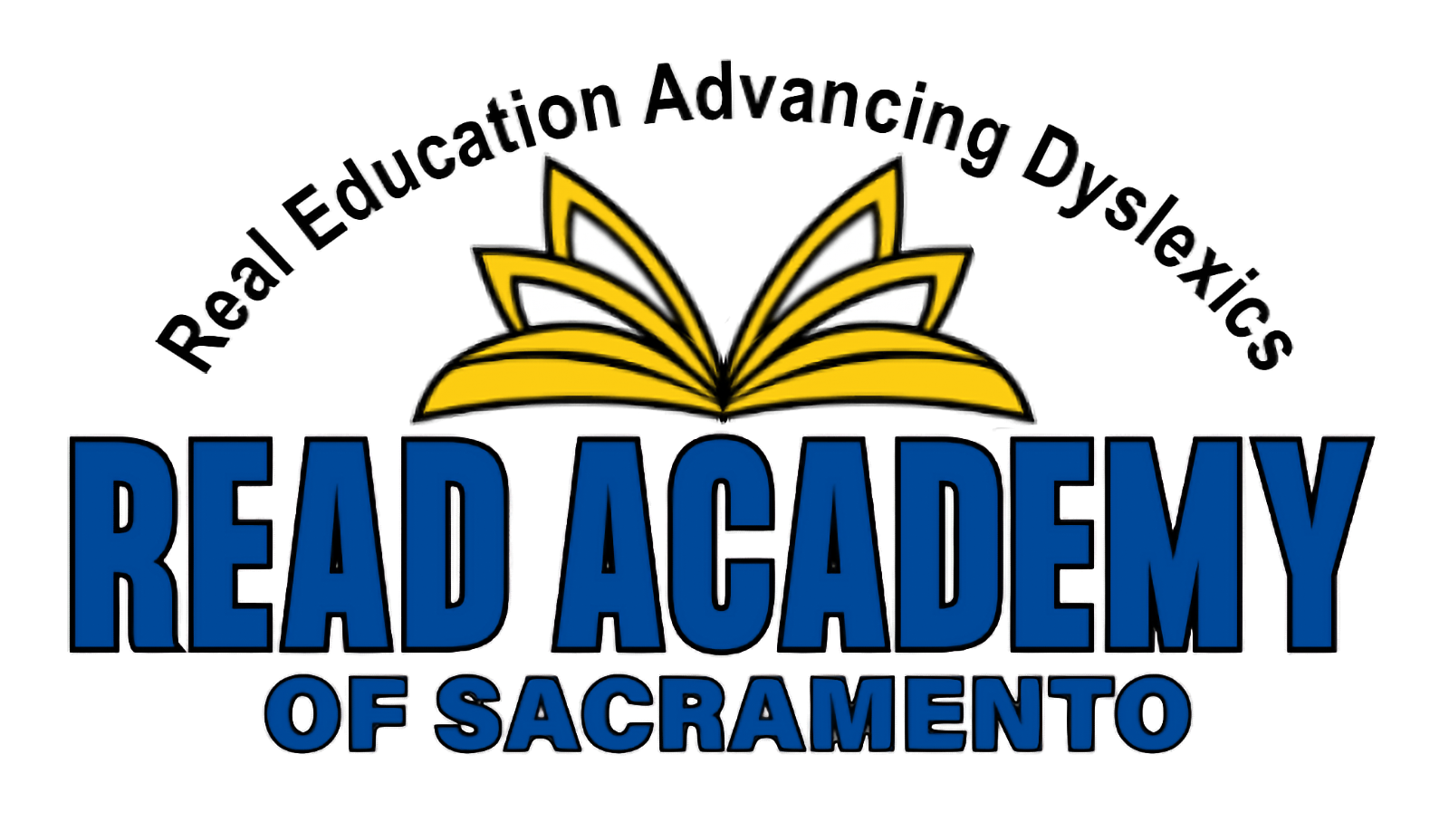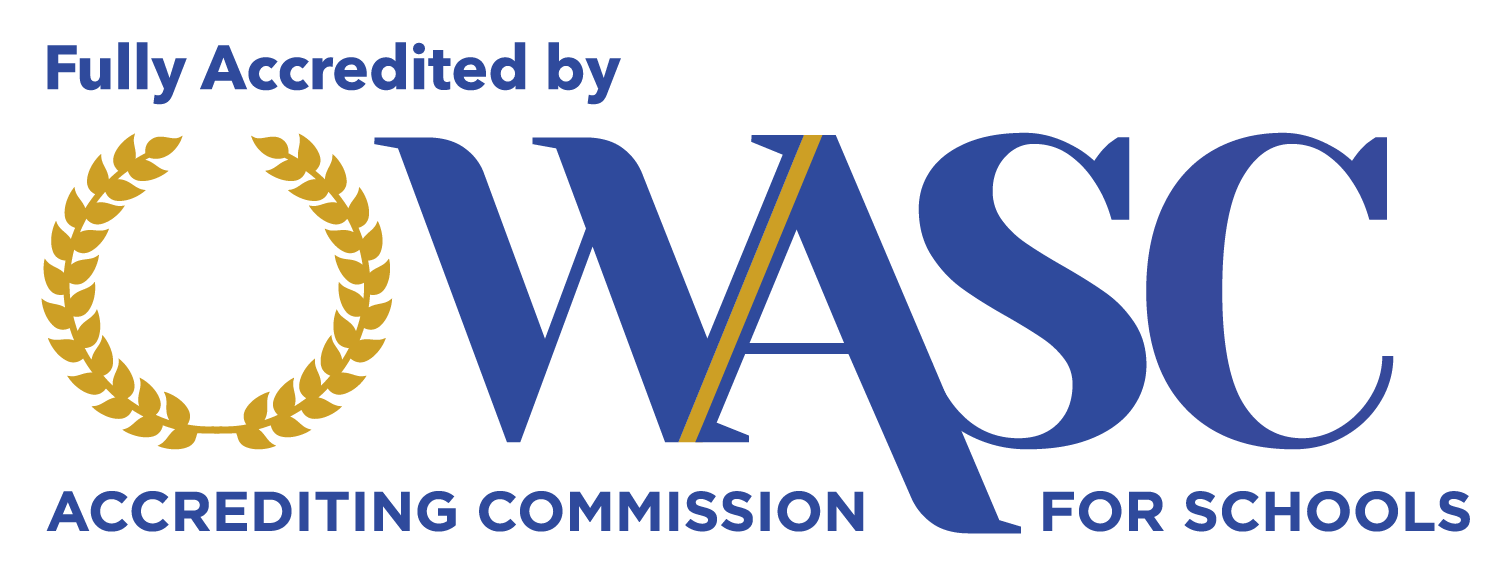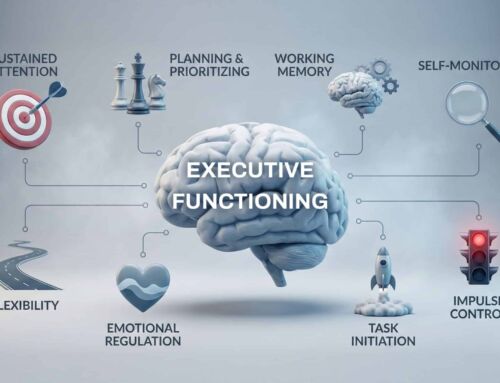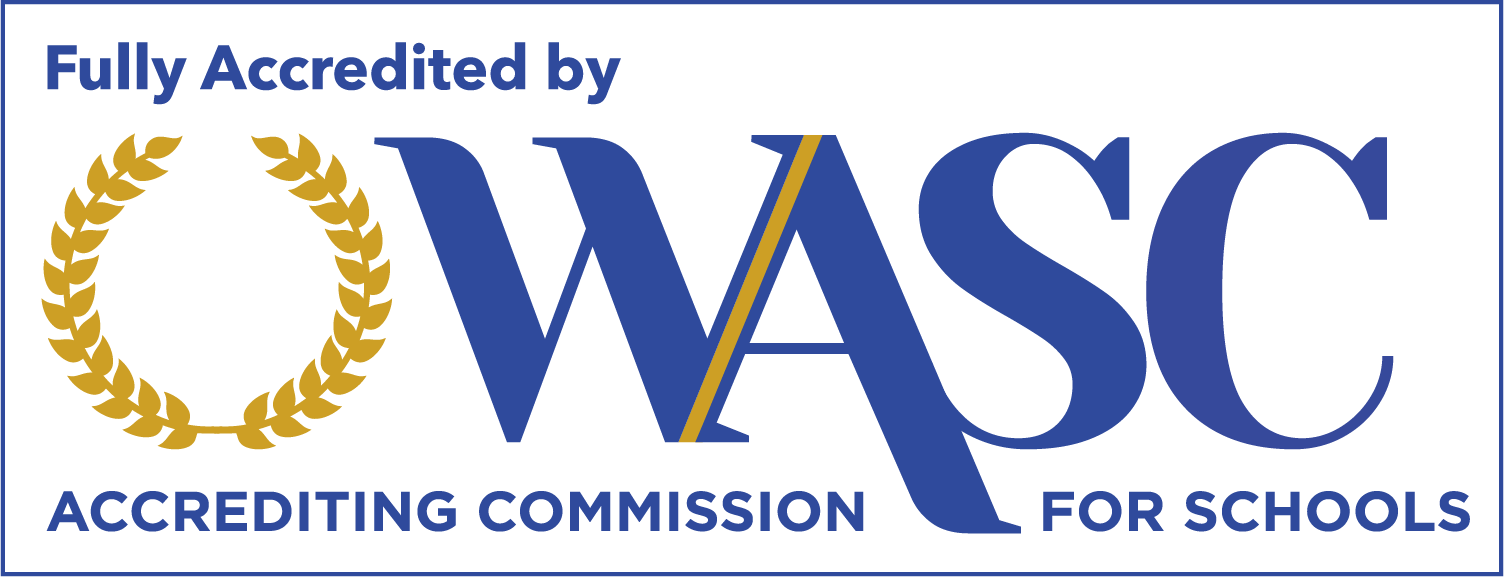5 Key Benefits of Schools for Dyslexia
Did you know one in five people have dyslexia? It is more common than you think. While many children with dyslexia go through traditional schooling with minimal problems, some need extra support unavailable in a typical classroom. Without additional support, their overall academic performance can suffer.
Schools for dyslexia are designed to help children who otherwise may continue to struggle in school. They offer specialized classrooms, curricula, and specifically trained teachers.
Smaller Class Sizes
There is some disagreement among experts regarding whether class size makes a substantial difference for most children. However, it is clear that for dyslexic children, smaller class sizes are beneficial.
When a child is in a classroom with 20-30+ kids, they struggle to get the attention they need to succeed. Teachers do not have time to dedicate one-on-one teaching to every student. They are trying to teach the class as a whole, which means children can get left out.
Teachers cannot spend extra time grading student work and helping them outside of classroom hours. Even the most dedicated teachers cannot create more hours in the day. As such, they have to reach as many students as possible.
In dyslexia-specific schools, classes are smaller because fewer children attend these schools. Small class sizes mean each child can get the attention they need to learn and thrive. A conventional classroom may not be as helpful.
Personalized Learning Plans
When your child goes to a specialized school for dyslexia, they receive a personalized learning plan to help them improve more quickly.
In a standard school, learning is generally uniform across all students. Some students get extra help and accommodations, but they cannot learn at a different pace or with additional materials to the same extent as they can at a specialized school.
Every student is different, and we understand that these differences drastically impact their learning processes. Not only will a dyslexia-specific learning plan benefit these children as a group, but individualized attention helps each child learn based on their strengths and weaknesses.
Specialized and Experienced Teachers
All teachers provide a valuable service to the children in their communities. With that in mind, not all teachers receive training to adequately support children with dyslexia or other special learning needs.
As mentioned, teachers work hard to reach as many students as possible. They have learned best practices for teaching and how to determine what works best for the group. Teachers do not mean to leave some children out, but that is the result.
Many schools have special teachers for children who need extra help, but those teachers are not available for an entire school day for children with dyslexia. They may only be available during certain classes a few times per week or only available for individual lessons.
These teachers also often work with children with various needs, making it difficult for them to reach children with dyslexia specifically.
However, teachers at schools specializing in dyslexia have all the training they need to teach your child.
A More Comfortable Learning Environment
Many children with dyslexia and other learning needs feel uncomfortable or embarrassed in a standard classroom environment. They are too young to understand that there is nothing wrong with them, and other children may mock struggling children.
Even if other children do not say anything unkind to a dyslexic child, they may feel self-conscious in the classroom. The idea of reading out loud during classroom activities can be terrifying and intimidating, and the child is unlikely to volunteer.
Not participating in class can set the child back. Children learn well when challenged, but a child who is too afraid to push themselves will struggle.
This is less of a problem in a classroom full of other children with dyslexia. The playing field is level, so children do not have to feel “different” or otherwise left out.
Children have the opportunity to be more supportive of each other. They are more inclined to work together and ask questions because they will not feel too embarrassed to raise their hands.
Better Accommodations
All schools have to offer accommodations to children with special learning needs. However, even the most well-intended public school may not have much to offer in terms of support. They may not have the right books, classroom materials, or technology to support a dyslexic learner.
However, a dyslexia-specific school has everything they need to support these kids. There is no need to ask for extra accommodations (unless your child has another particular need). Rest assured that your child’s needs will be addressed.
Schools for Dyslexia Have It All
Picking a specialized school for dyslexic children may be the best thing you do for your child’s education. These schools have smaller classes, teachers with dyslexia-specific experience, and much more.
Children can thrive in schools for dyslexia. Does your child need extra support? If you’re considering sending your child to a school for dyslexia, we want to meet you. At READ Academy, we empower children with special learning needs to become their best selves.
Contact us to get more information about our programs.
